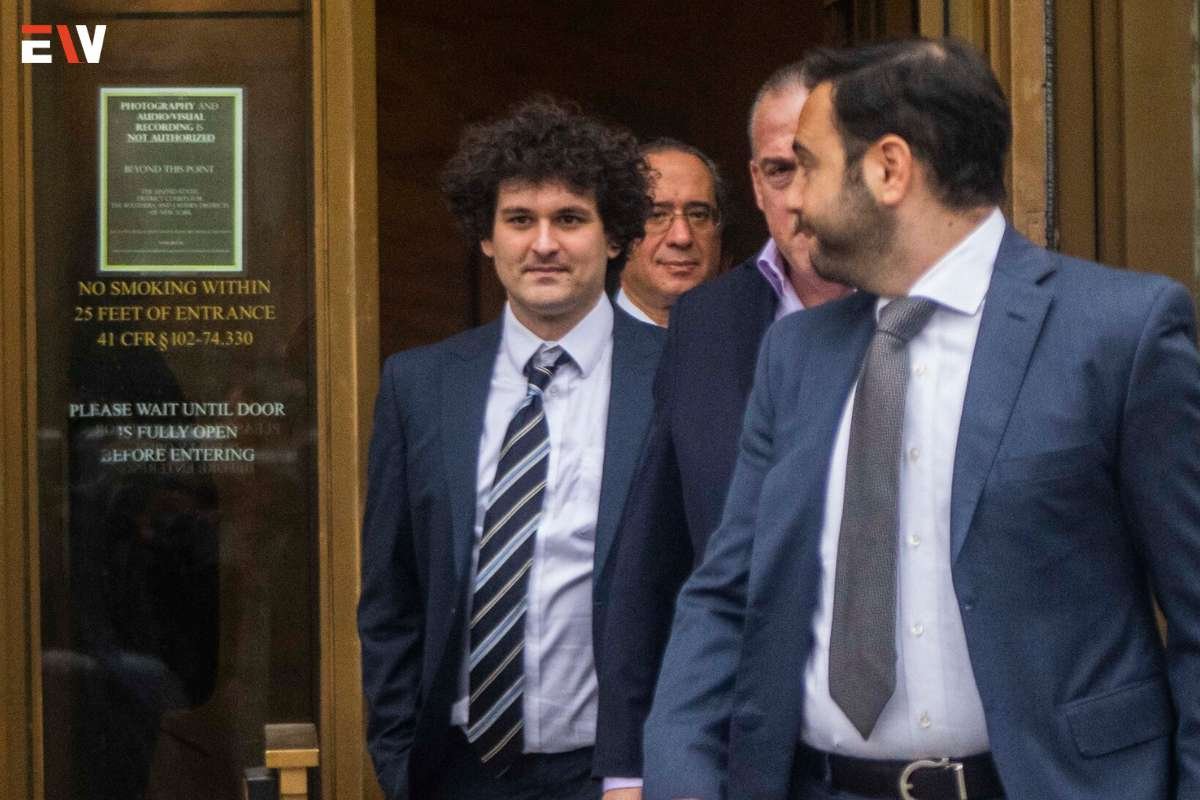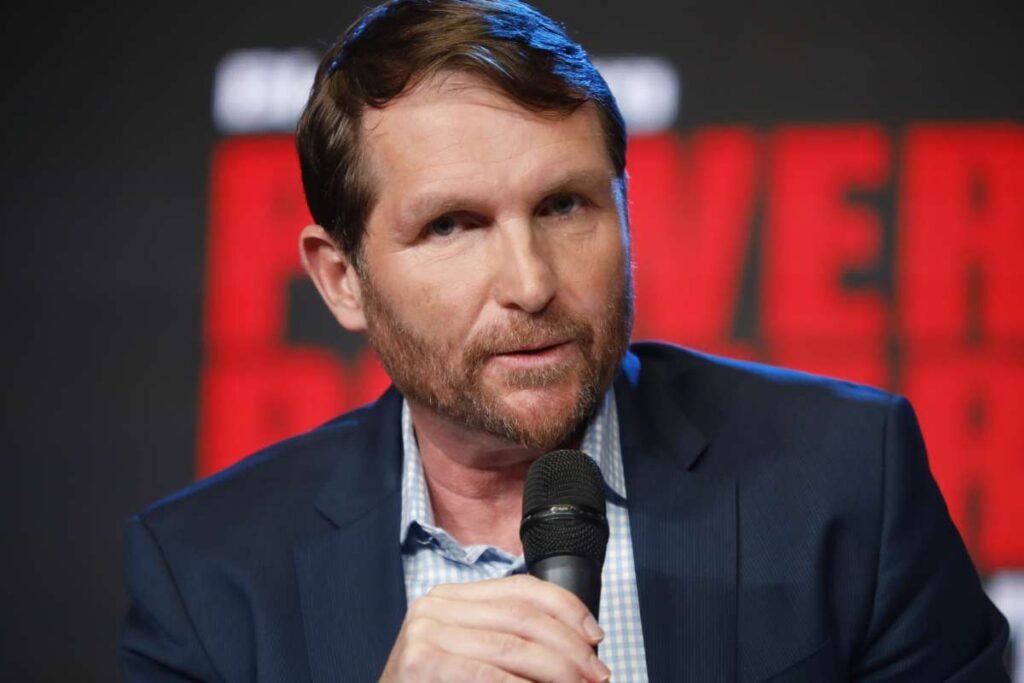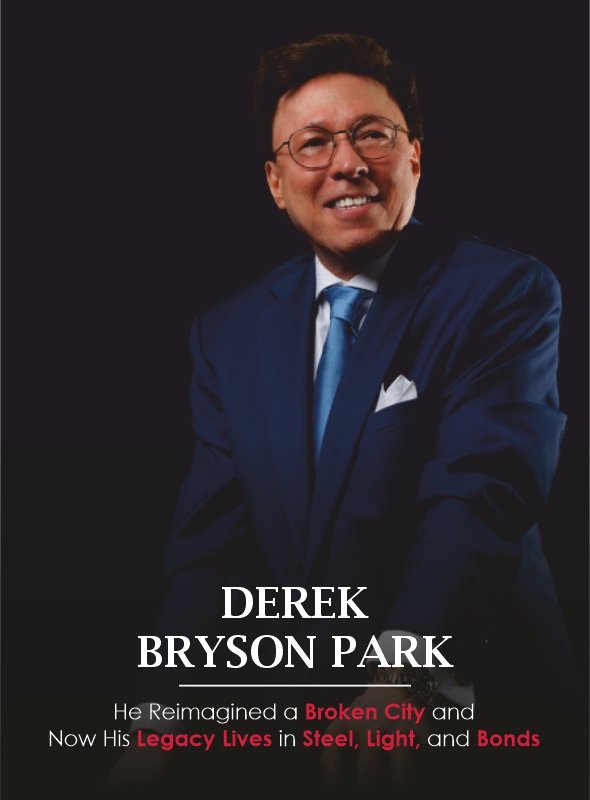On Tuesday, a federal appeals court looked unconvinced by former cryptocurrency billionaire Sam Bankman-Fried’s claim that his right to free speech was infringed by being imprisoned just two months before going on trial for federal fraud.
On August 11, U.S. District Judge Lewis Kaplan revoked Sam Bankman-Fried’s $250 million bond after determining that there was reason to suspect the defendant had tampered with witnesses. This included him giving a New York Times writer access to Caroline Ellison’s private papers, the former CEO of his Alameda Research hedge fund.
Trying to discredit or persuade a witness
Ellison, a past love interest of Bankman-Fried, has admitted to fraud and is anticipated to testify against her. The claim made by Sam Bankman-Fried attorney Mark Cohen that Kaplan had not fully taken into account the defendant’s right under the First Amendment of the U.S. Constitution to talk with the press and attempt to rehabilitate his reputation was contested by a three-judge panel of the 2nd U.S. Circuit Court of Appeals in Manhattan.
“Trying to discredit or persuade a witness who might testify against you isn’t protected by the First Amendment, is it?” Judge Denny Chin of the US Circuit said.
The judges did not specify when they would make a decision about Sam Bankman-Fried’s request for release from the Metropolitan Detention Centre in Brooklyn.
In connection with the collapse of FTX, the now-bankrupt cryptocurrency exchange he launched in November 2022, Bankman-Fried is accused of seven counts of fraud and conspiracy.
He was accused by the prosecution of stealing billions of dollars from FTX customers to cover losses at Alameda, purchase expensive real estate, and contribute to American political campaigns. He has entered a not-guilty plea and admitted making mistakes in risk management.
The judges looked marginally more receptive to Bankman-Fried’s claim that his constitutional right to assist in his own defense is violated by being imprisoned because his case is complex and he cannot access the internet while he is in custody to evaluate the prosecution’s evidence.
They questioned Danielle Sassoon, a prosecutor, regarding what Cohen claimed were shortcomings in the arrangements Kaplan and the MDC had made to try to allow Sam Bankman-Fried to access the internet. This included paying twice weekly visits to his attorneys who were housed in a cell at the federal courtroom in Manhattan.
Extraordinary measures
Bankman-Fried had seven months of unrestricted internet access while out on $250 million bail at his parents’ Palo Alto, California home, according to Sassoon, who also claimed that the government had taken “extraordinary measures” to try to help him prepare for trial while he was in custody.
Before sharing Ellison’s writings, Bankman-Fried, according to U.S. Circuit Judge William Nardini, should have taken into account the prospect of losing internet connection. He eventually makes his own bed and sleeps in it, according to Nardini, if it is true that he has frightened witnesses.










